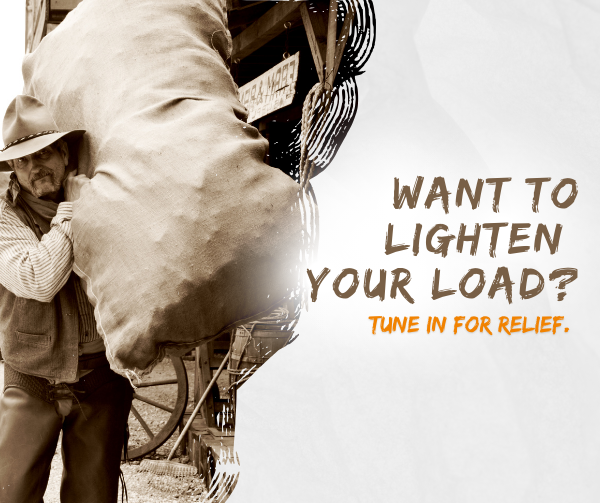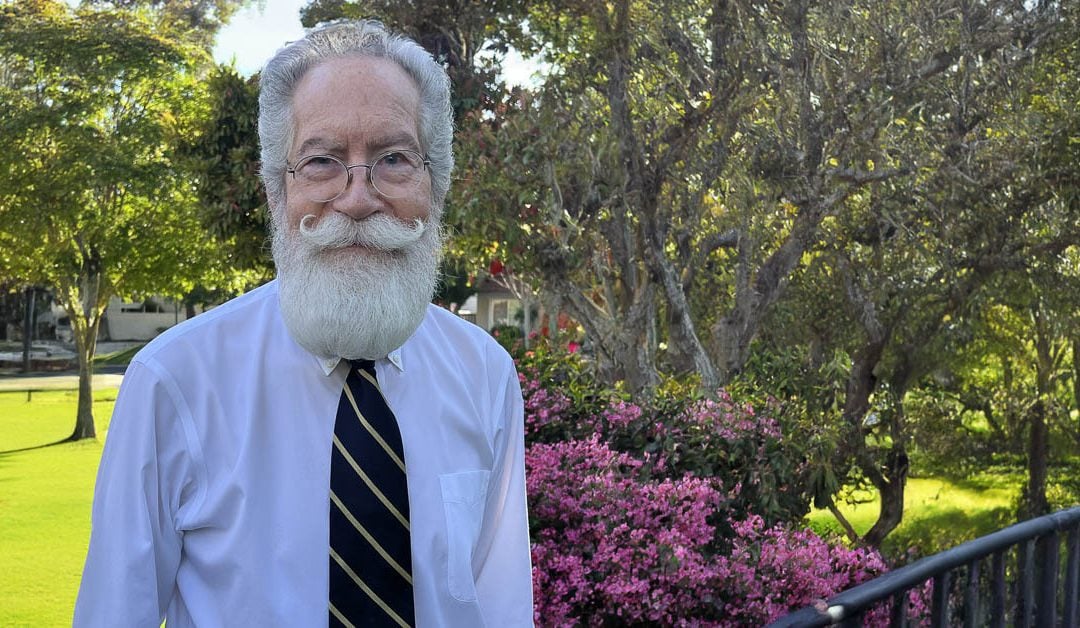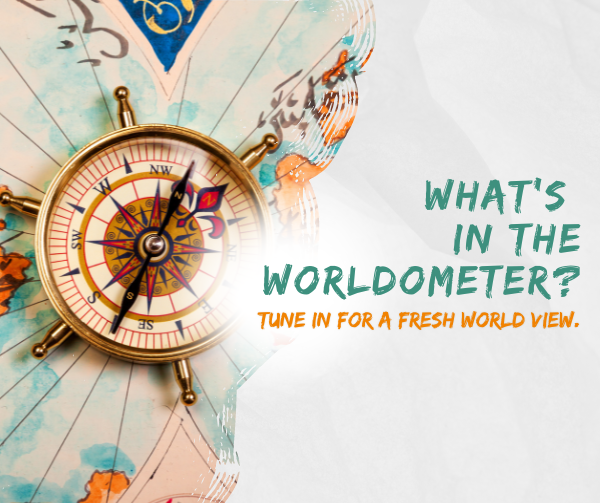“You don’t need to go to a monastery to find peace”
Read the entire article in Spanish here
 .
.
The speaker and writer in the interview below is visiting Spain to introduce his new book ‘Hear Yourself’, which delves into the search for peace in the middle of this noisy world.
Prem Rawat (India, 1957) has dedicated his life to Peace, in capital letters. This weighty statement can almost be overwhelming. Yet this writer and speaker, – who since the age of eight transmits a clear and convincing message, – has dedicated his entire career to finding peace in a place, that sometimes we forget to look in – within ourselves.
Prem learned about peace from his father, who would share his message with everyone interested. The fundamental message was that ‘the peace we spend our lives looking for, is not waiting for us somewhere else, but is already within us.’ Following the death of his father, Prem Rawat clearly saw that the purpose of his life was to continue with his father’s legacy, and this is what he has been doing since the age of nine.
At the tender age of thirteen, he spoke about the power of knowing ourselves on the main stage of the now-famous Glastonbury Music Festival. It was then, that he first traveled to the United States, thinking that he would be there just for a few months – yet he never returned to his home in India. Instead, he has dedicated his entire career to travelling around the world to speak about peace. Prem Rawat is very clear about the fact that “finding peace is what we need to be happy, to live in harmony and to survive in the current society”, a society and environment that is driven by a really fast rhythm that burdens us and doesn’t even give us a chance to discover who we really are.
Presently the “Peace Ambassador” publishes “Hear yourself” (Aguilar), a book that explores the need to look within. We met him during his book promotion tour in Spain, focused on introducing a book which aims to “help us understand ourselves” and thus, learn to live within the current society “full of noise, that does not allow us to hear ourselves.”
What makes it most difficult to listen to yourself, the noise from the outside or the noise from the inside?
Everything makes it difficult. The worst kind of noise is when we take the outside noise and make it our own, and make it the inside noise. This makes it even more difficult to hear ourselves. In the end, the most important thing is hearing ourselves.
Does everybody have peace inside themselves?
Yes, all of us have peace inside of us; it has always been there. Socrates said “Know thyself”, — and he said so because there is something we must look for and it is within. It is incredible, but the peace is inside and we should look for it.
Even people with internal conflicts, people who don’t do good things…?
We develop a program called the Peace Education Program in prisons. And some of the people in prisons are there for life and are never going to get out. However, when I speak to them, they discover that peace is also inside of them, that they can carry on.
And where do we have to begin the search?
With us. We spend our lives searching for peace outside; we search in books, in the mountains, in temples, even in other people… However, when we focus on ourselves, when we take the mirror and look inside, we are taking the first step towards looking for peace.
In order to live happily, do we have to accept death?
You have to accept life. There are two walls; the first is birth and the other is death. The important thing is not to worry about death or try to find the date on which we are going to die;, but to focus on life. Feel this moment in our life and focus on it, because our time is limited. Thus, accepting life, we achieve calm and happiness.
Are we thankful enough for being alive?
No! And that is why I stress that idea so much in my book. It is essential to feel gratitude for everything we have in our lives.
Then, how can we begin to be grateful for life?
We have to open ourselves to us. We are open to other people. When our friend is in trouble, we tell them not to worry; we are eager to give advice. But when we are in trouble, what do we say to ourselves? ‘Oh! This is terrible… you are terrible!’ And if we said this to our friend, they would be upset. So, what we have to do is really start accepting ourselves, although this happens to be difficult for many people.
In order to focus on ourselves, do we need to separate ourselves from the world that surrounds us?
There are people who believe so, but it is not necessary to separate from the world, and in fact, it is not possible. Everything develops in this plane in which we live: we have to work, we have to eat … – we are social beings and we need this world. However, what we have to do is seek peace within all this. It is not necessary to go to a monastery or be a monk; we must simply search for the peace we have inside.
Do we have to be cautious in life or will it be counterproductive?
The opportunity is given to us with each breath, all the time, but we are not paying attention. We wake up in the morning; we start reading the newspaper and see the headlines. Yet, none of those headlines is the most important one: ‘We are alive now.’ It is important to accept that headline, because we are alive now, and we have this opportunity now.
You talk a lot about the noise in the world…How should we relate to technology?
Right now, we are not managing technology, technology drives us; it overwhelms us. As human beings, it is now important to focus on making sense of it all, and start being in charge of our lives, not letting Facebook or Twitter control us. This is the only way in which we will win, because these applications can run our life.
There is a small subsection within the book that reads ‘Learning to feel’. How do we learn to feel?
When you are not free, you are not in charge of your life, you don’t get to feel anything. There are other people who tell you what to feel and how. If you are free, you can begin to feel. ‘Freedom’ is a word we all like, no matter the country. And why? What are we slaves to? Nothing obvious, but we are, we are slaves to our mind and it often does not let us move forward.
There is a quote within the book that says, “We shouldn’t live in yesterday nor live in tomorrow”. Is the projection to the future necessary? How can we find the balance between living in the present, without losing sight of the future?
If we don’t accept the future, we will not be able to accept the past, and in the end, we will be in no man’s land. We can only understand the present. We must be aware of the now. Because when we are in the present, we create the past and can somehow predict the future. When we act unconsciously, we make mistakes, and these affect our past and have a reflection on our future. However, if we understand our present, it will define us as human beings, and it will neither define our future, nor our past. What we do now is what is really important.






